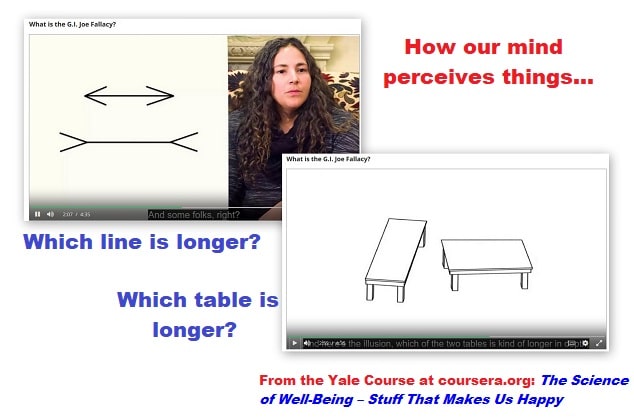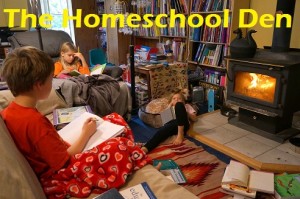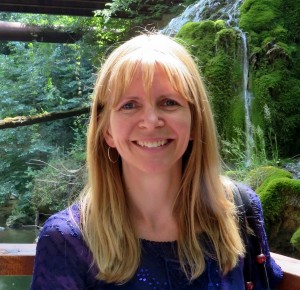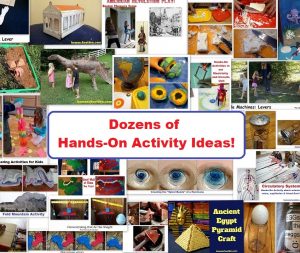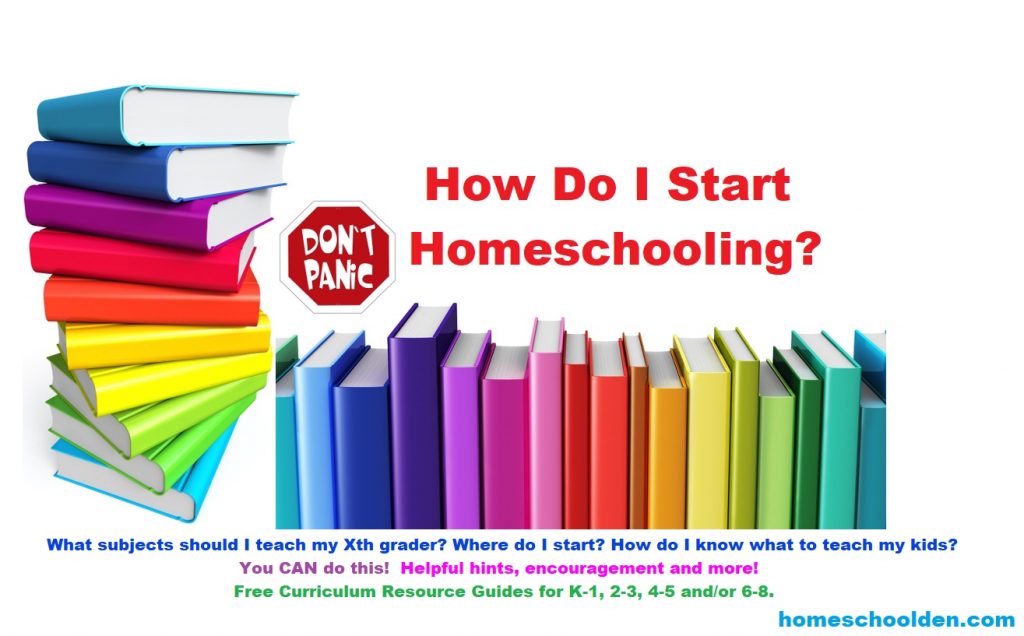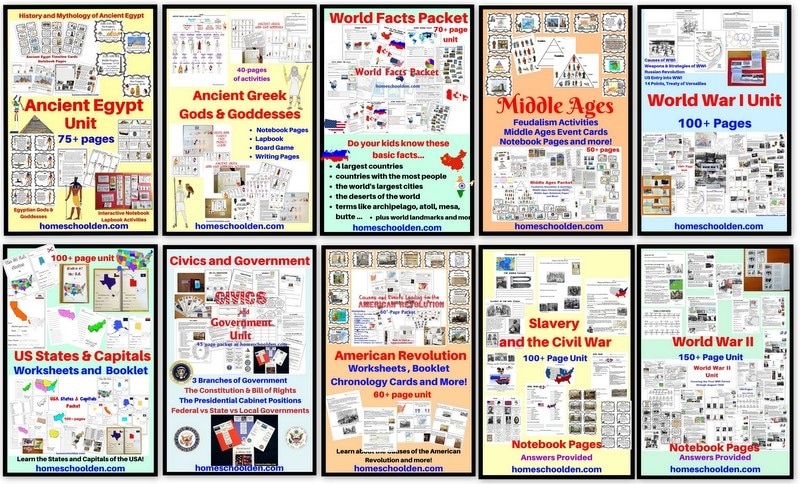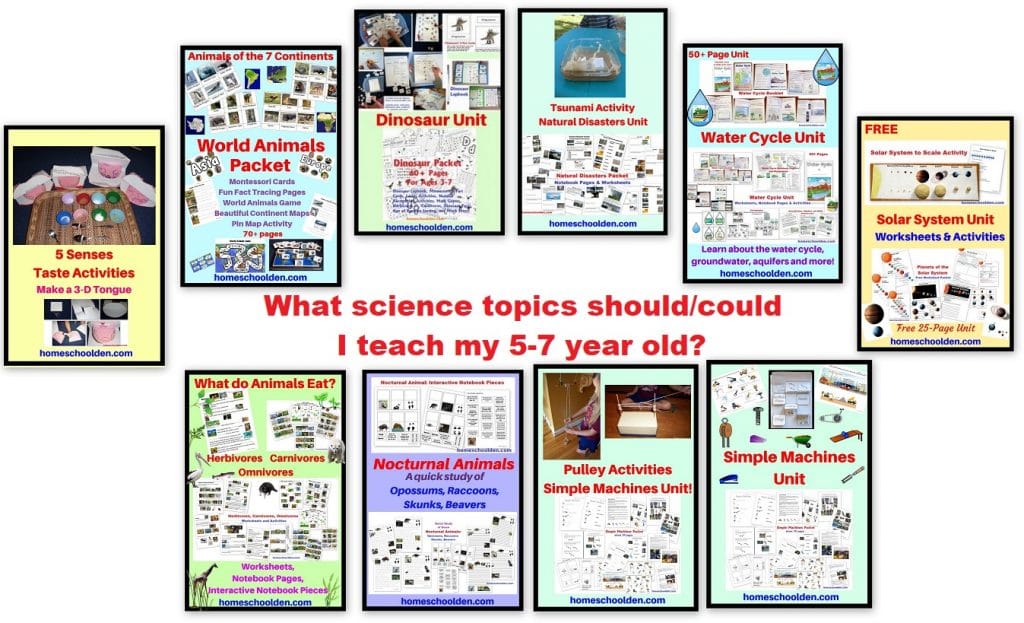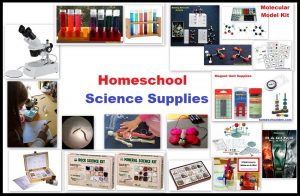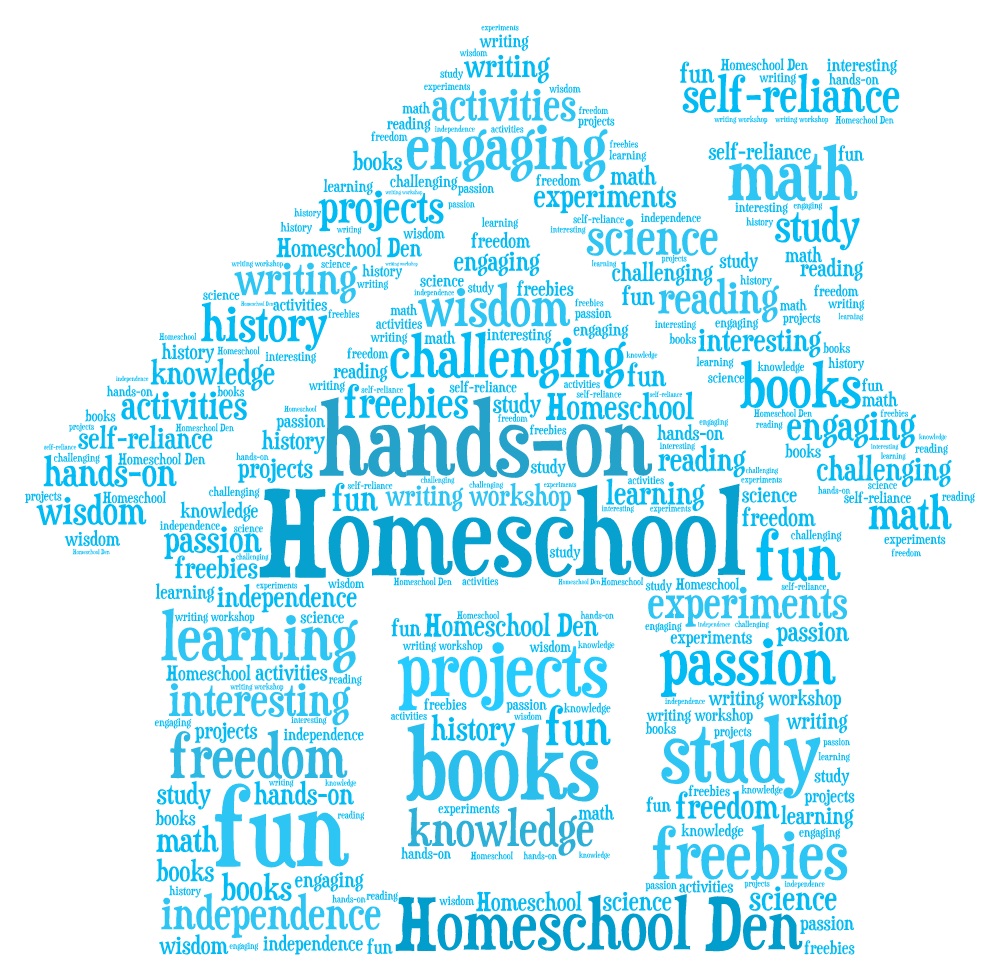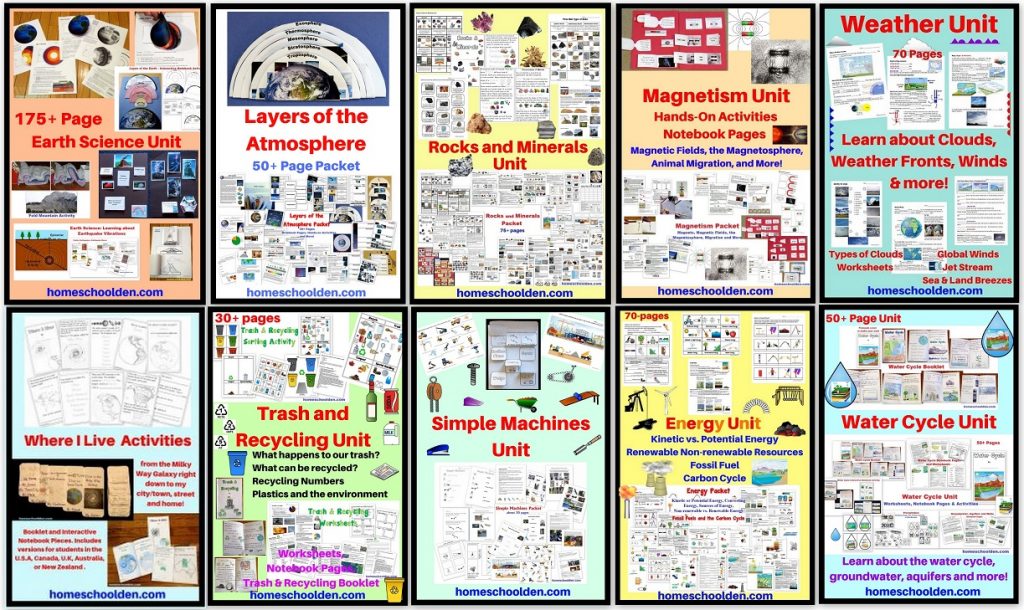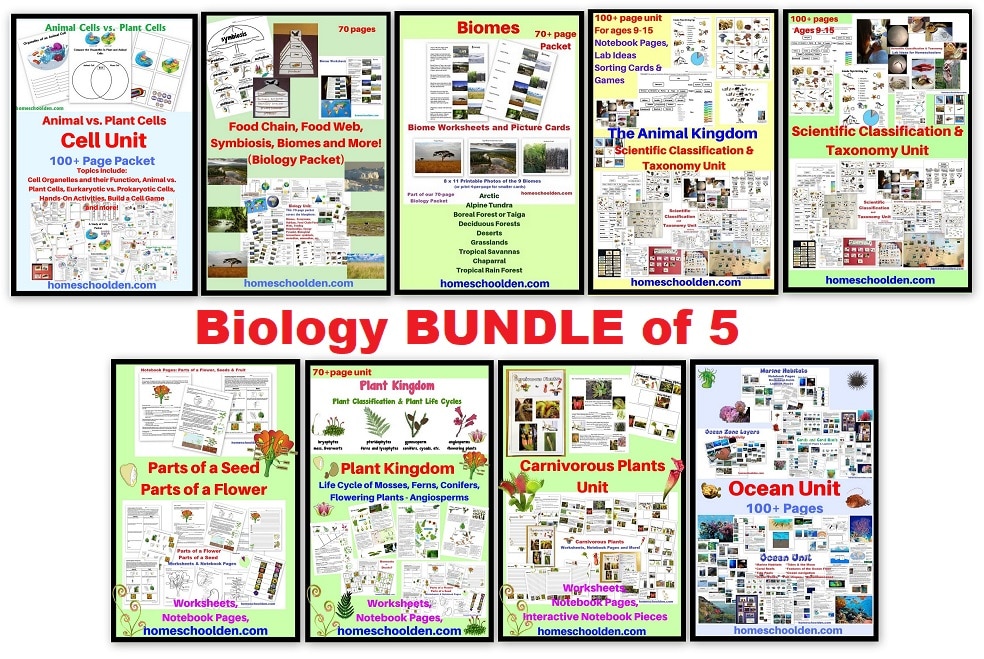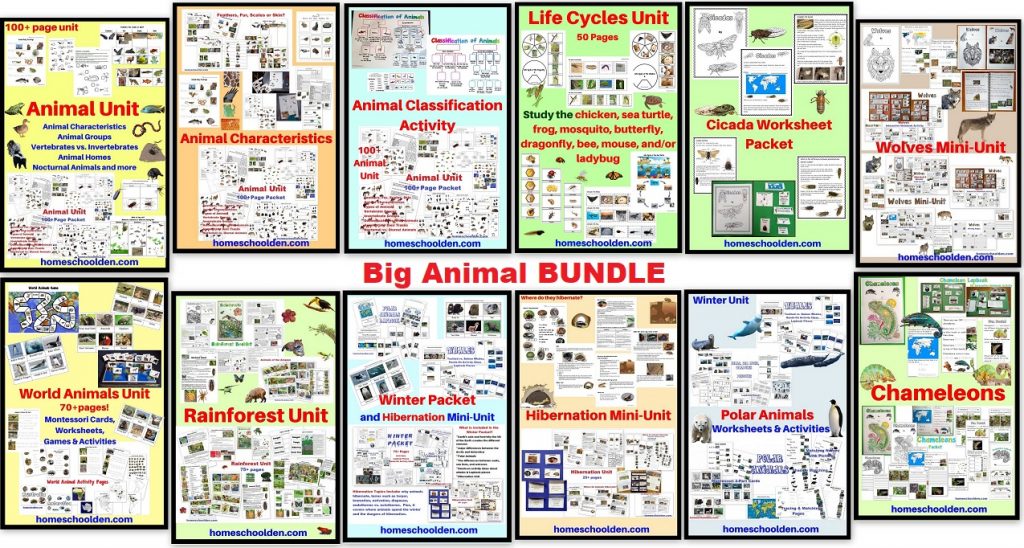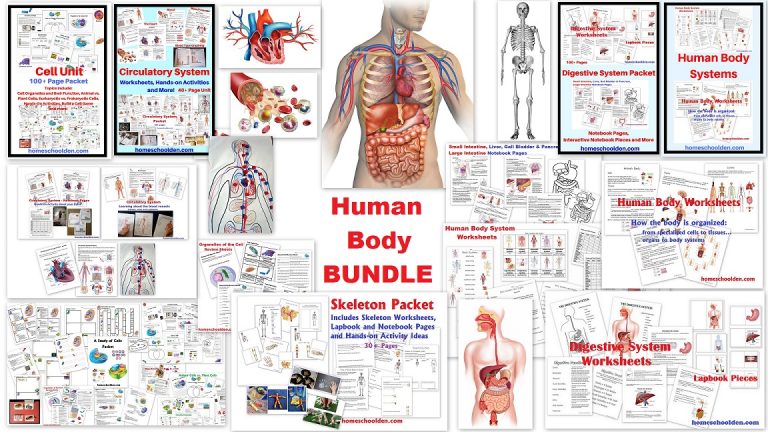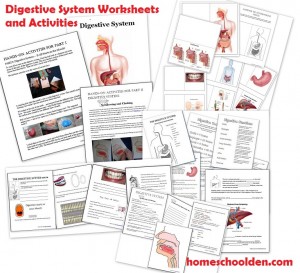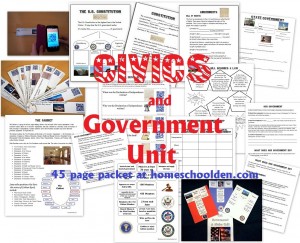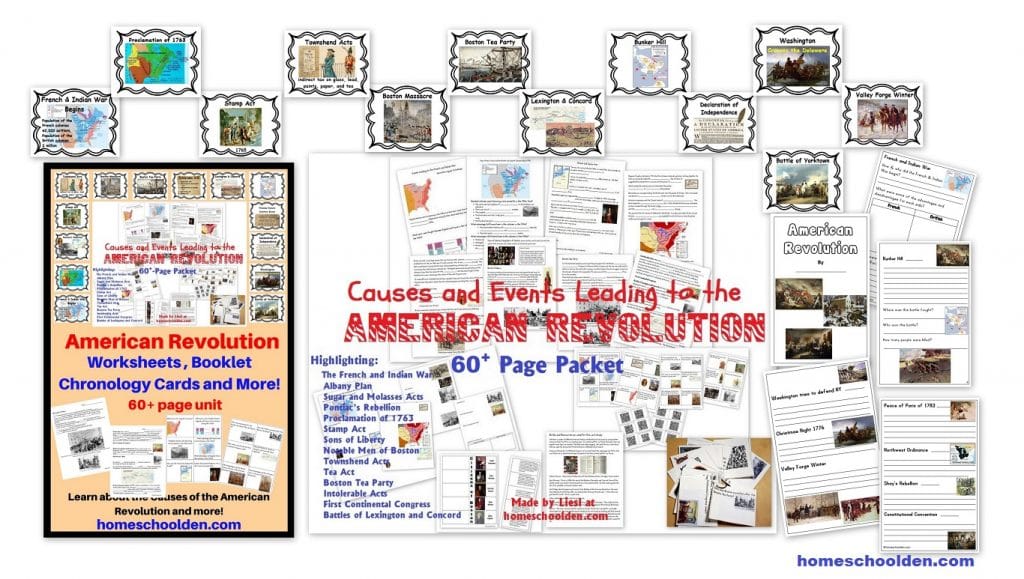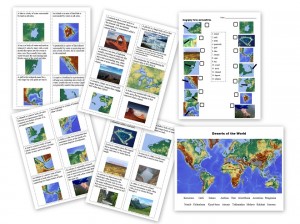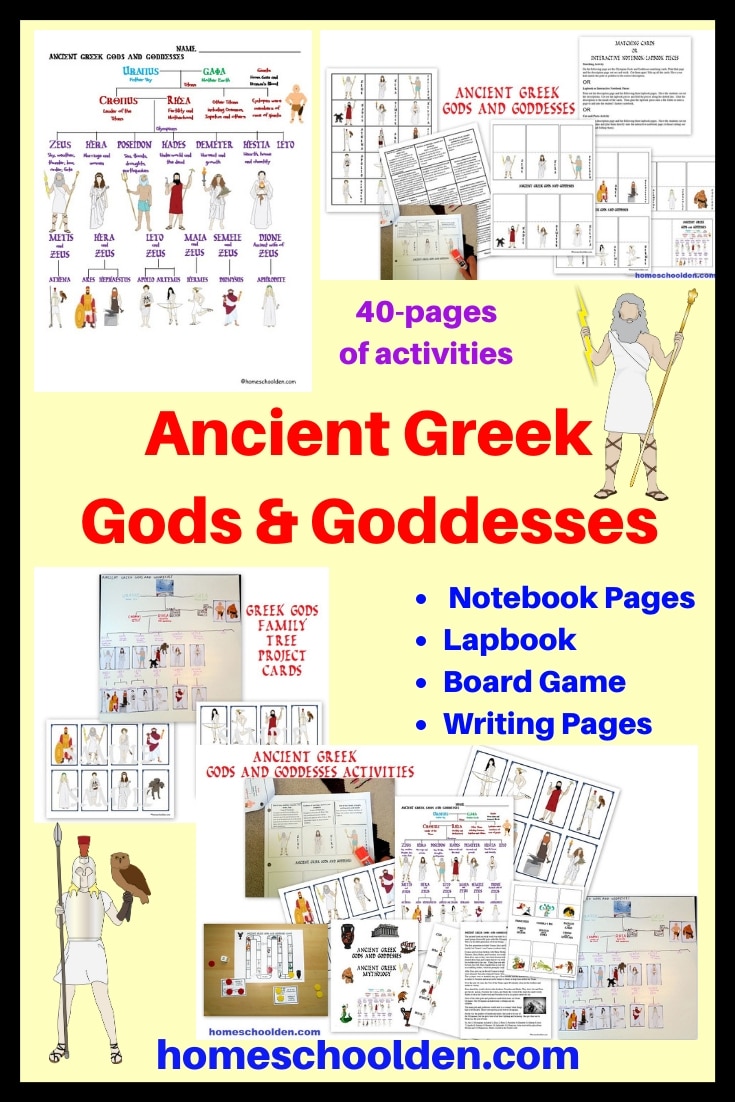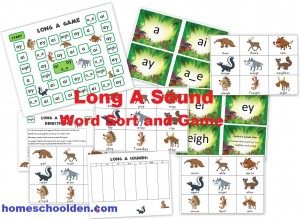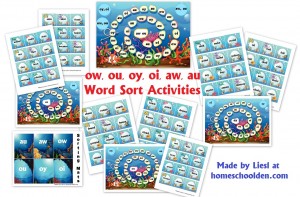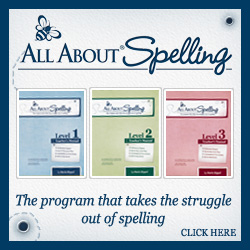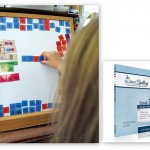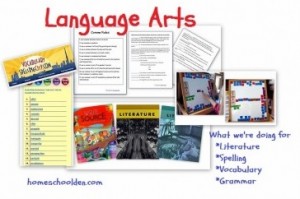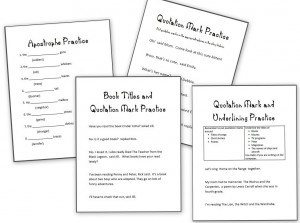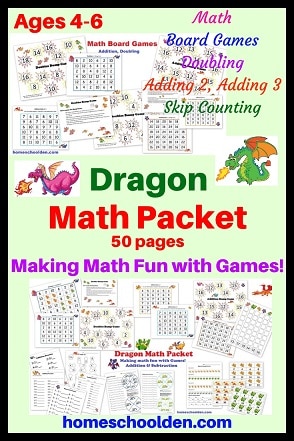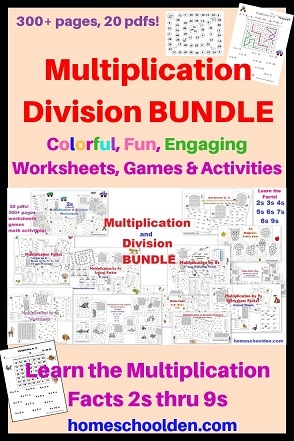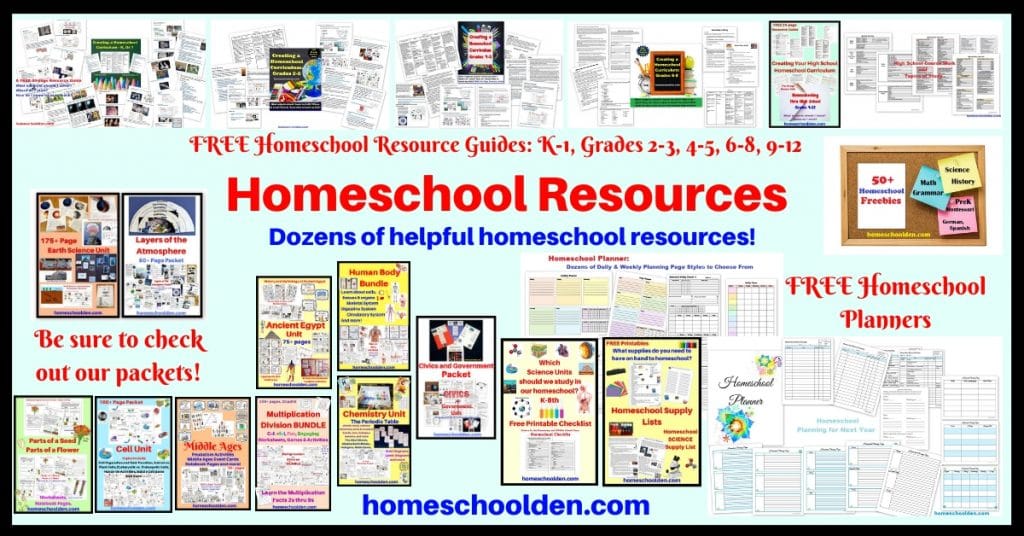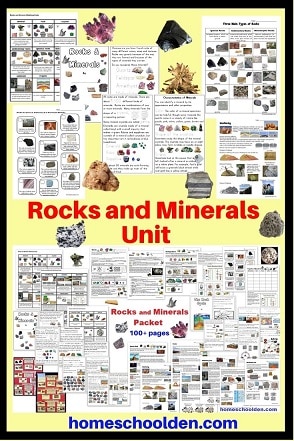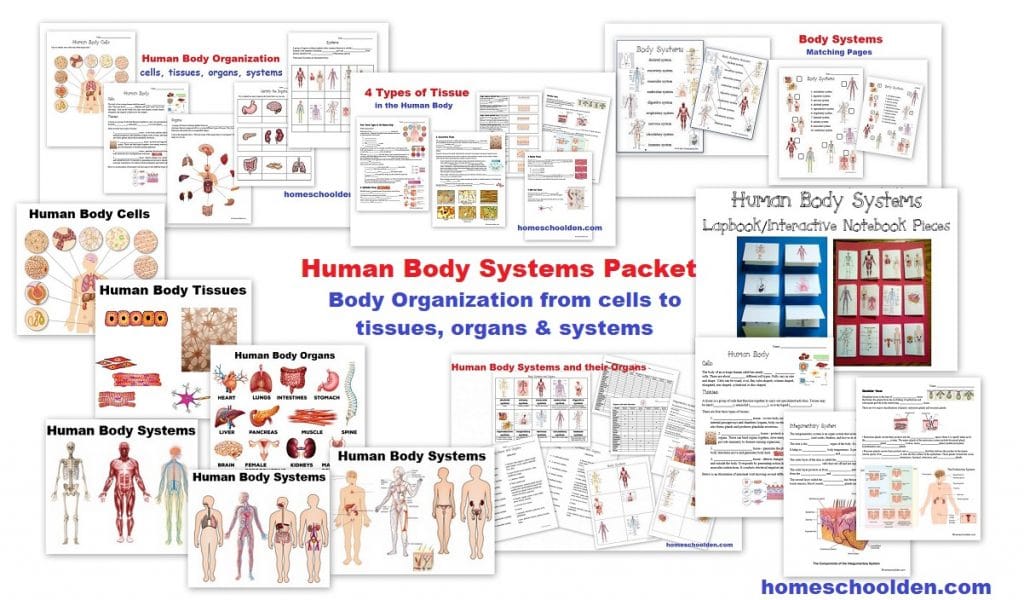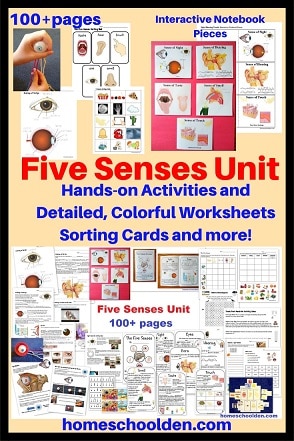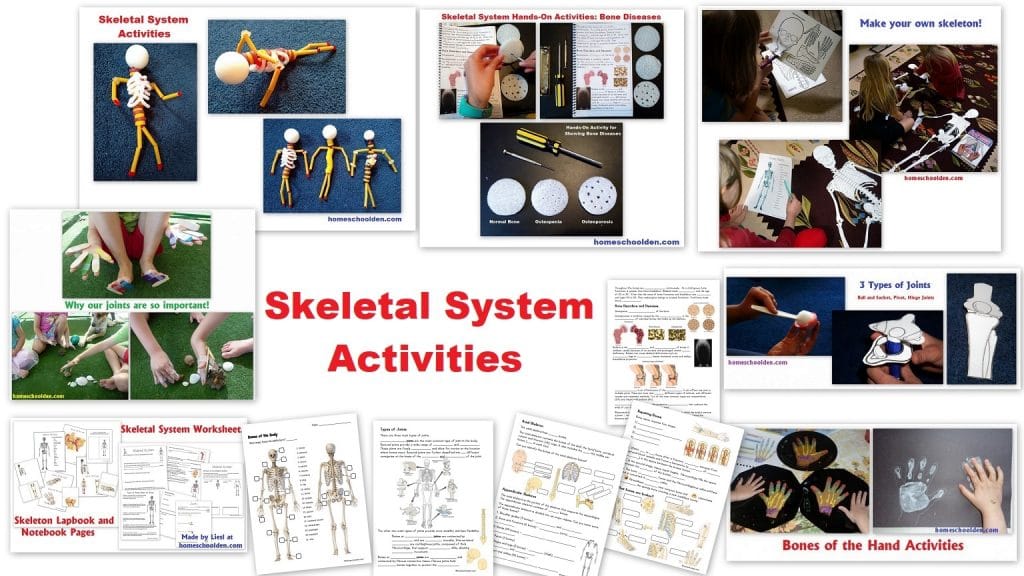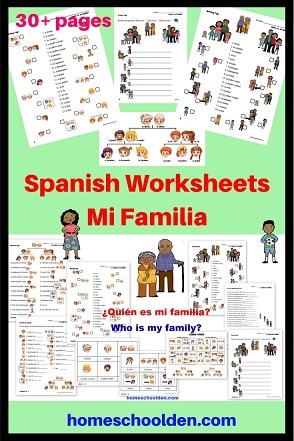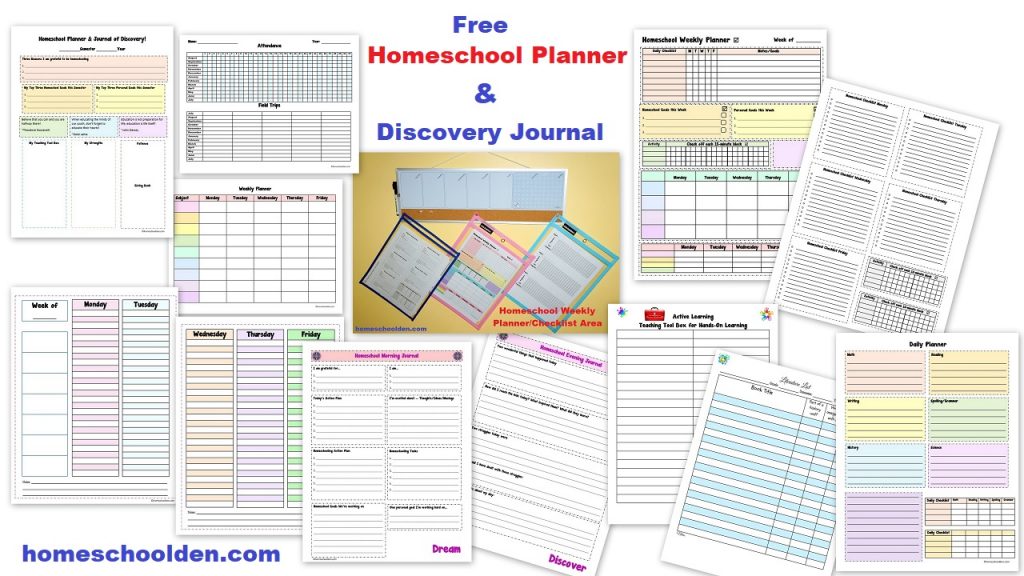Course on Happiness and Well-Being for Teens
Recently, our family decided to dive into a (free) course on happiness and well-being. It was most popular class in the history of Yale and is available free online at coursera.org. It was called “Psychology and the Good Life” and was first taught in the spring of 2018. It is now called The Science of Well-Being – Stuff That Makes us Happy. Nearly a quarter of all Yale undergraduates enrolled in the class in its inaugural year — a fact that attracted media attention around the globe!
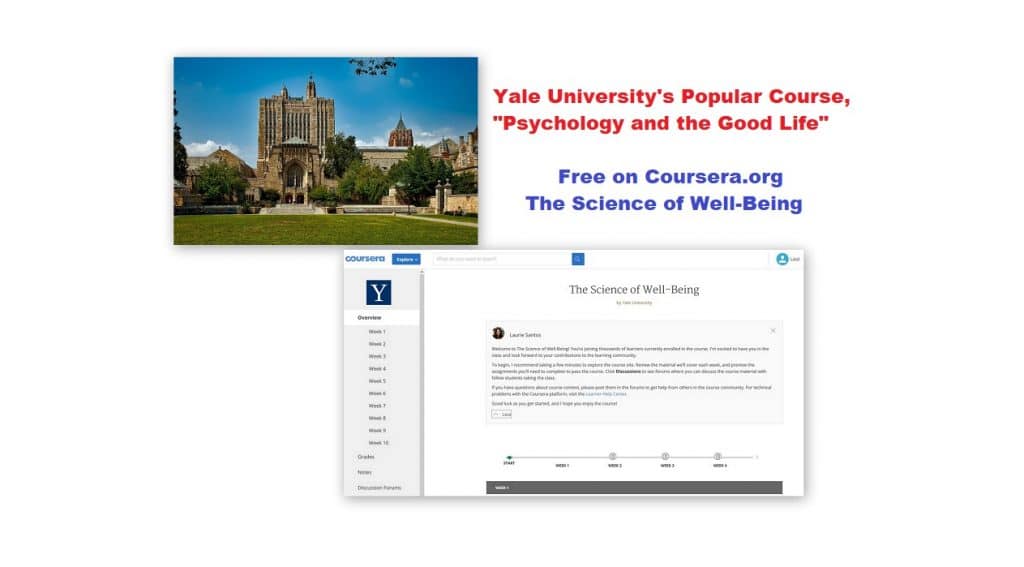
The (free) online version of Yale’s course is called The Science of Well-Being – Stuff That Makes us Happy. Intrigued, I looked into it and found out it was available (free) on coursera.org. The kids said they were interested too… after all, who doesn’t want to be happy/happier, right?! We’ve been slowly making our way through the lectures. They’ve sparked some really good conversations in our homeschool!
The lectures were short – anywhere from a couple of minutes to 25 minutes, so they’ve been easy to incorporate into our homeschool day.
This course was created for Yale students, but I found that my teens (and even my 11-year old) really enjoyed the lectures & discussion topics.
Here’s the course description:
About this Course
In this course you will engage in a series of challenges designed to increase your own happiness and build more productive habits. As preparation for these tasks, Professor Laurie Santos reveals misconceptions about happiness, annoying features of the mind that lead us to think the way we do, and the research that can help us change. You will ultimately be prepared to successfully incorporate a specific wellness activity into your life.
My kids really enjoyed the section on how our mind perceives things. She showed a number of examples of illusions. She goes on to point out that even though we might know something, it doesn’t change how our mind perceives it.
It starts off with lectures about things we think will make us happy (but don’t). These are things like a good job, money, awesome stuff, good grades, the perfect body and so forth. The lectures go on to point out why these things just don’t affect our overall happiness? Why? (Watch the videos to really understand it!) But in a nutshell, we are constantly judging relative to other stuff out there in the world. That messes up our judgement of what the thing we really care about. So, if you get a raise from $10.00 to $11.00 per hour, you might be slightly happy for a moment, but pretty soon you want $15.500. (Or move that from $50,000 to $60,000… to then wanting $75,000!) … There are lots of other examples and lots of studies she brings out.
A little later in the course, the professor talks about how we constantly over estimate how things (both good and bad) will impact us. For example, we think that if something good happens (winning a prize, getting a good grade) we will be immensely happy. And on the opposite side of the spectrum, if something bad happens (failing our driver’s license exam, failing a class, not getting into a school we hoped to) that we will be crushed and despondent. In reality, studies show that we misspredict the intensity of own reactions. We aren’t quite as elated as we think we will be when we get an A or lose 5 pounds. We aren’t quite as happy as we had predicted we would be. Similarly, we are just not that messed up when things go wrong. Things might feel a bit bad, but then pretty quickly other things in our lives take over our thoughts and we just aren’t as impacted as we think we will be.
Some of the other topics include:
- Misconceptions about Happiness
- Why our expectations are so bad
- How we can overcome our biases
- Stuff that really makes us happy
- How can we intentionally put these strategies into practice and build healthier habits?
- How can you rely on others to help you change your behaviors?
- How can you design your environment to help you change your behaviors?
I just wanted to share this wonderful find with you today! Coursera.org has been an amazing resource for us. We did a geology/earth science course a couple of years ago that my kids really loved as well! Be sure to browse around to see if there are courses that might appeal to your kids.
Again, the (free) online version of Yale’s course is called The Science of Well-Being – Stuff That Makes us Happy.
See you again soon here or over at our Homeschool Den Facebook Page! Don’t forget to Subscribe to our Homeschool Den Newsletter. You might also want to check out some of our resources pages above (such as our Science, Language Arts, or History Units Resource Pages) which have links to dozens of posts. You might want to join our free Homeschool Den Chat Facebook group. Don’t forget to check out Our Store as well. ~Liesl
Again, if you are interested in joining our Homeschool Den Newsletter, feel free to subscribe here. It’s a great way to hear about our latest packets and to learn about many of the hundreds of printables & other materials we have tucked away on the blog!
